Federal Agency Career Forum | April 25, 2023
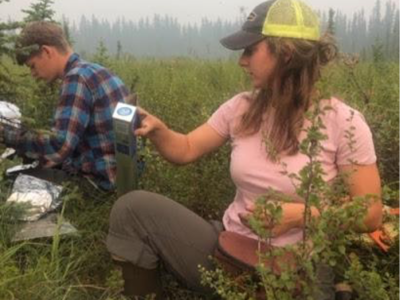
Join us to meet agency ecologists from around the nation and learn about their career paths, day in the life, and more.

Join us to meet agency ecologists from around the nation and learn about their career paths, day in the life, and more.
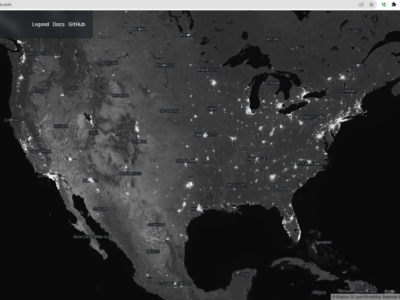
LoRa is a digital radio technology designed for Internet of Things (IOT) applications. Here’s a tech test by John Porter.
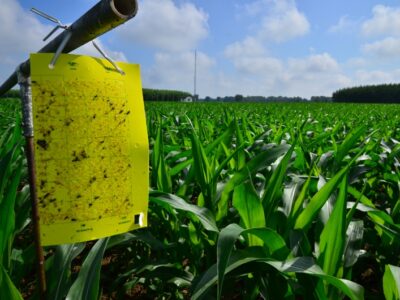
Novel analyses of a 31-year dataset on invading ladybeetles shows that small differences in habitat preference across years allow for two similar invading species to coexist while native species decline.
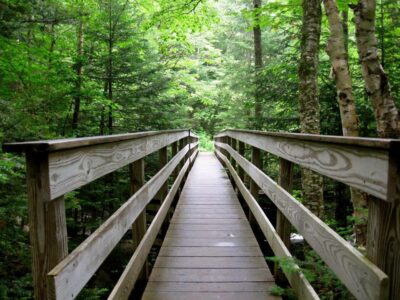
Considerable work happens behind the scenes as Sarah Garlick, Hubbard Brook’s Director of Science Engagement, brings together researchers and forest managers to identify shared research priorities in New Hampshire’s White Mountain National Forest.
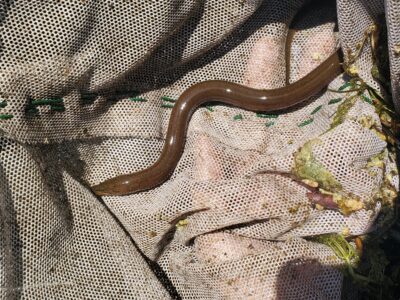
Since its introduction in 2009, the swamp eel has nearly eliminated several populations of small aquatic species in the Everglades watershed. The new invasive may be more disruptive to the Everglades than the park’s flagship invasive, the Burmese Python, and brings a new challenge to Everglades management and restoration.
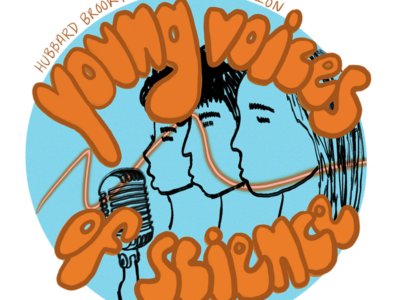
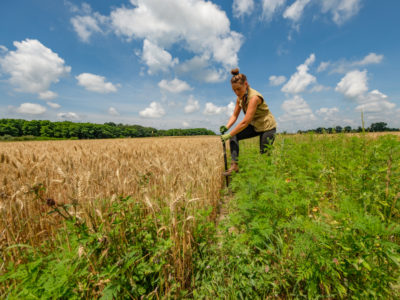
Science Council FrameworkMay 10-12, 2023, Kellogg Biological StationTheme: Spatial Scaling Travel and lodging information will be distributed to invited participants. Recorded lightning talks will be available after the meeting. Much of the work that Long Term Ecological Research sites pursue addresses ecological mechanisms and is focused on a relatively local spatial scale. But for our… Read more »
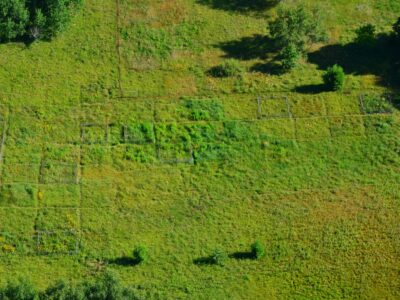
Nutrient addition increases aboveground plant growth more than it increases belowground plant growth, suggesting that the two are not linked.
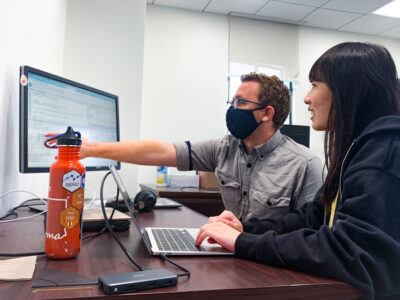
The LTER Network Office hired two data analysts, Angel Chen and Nick Lyon, in 2021 to tackle short but critical wrangling tasks during working groups’ in-person meetings. Here’s how they’ve helped groups during the past year.
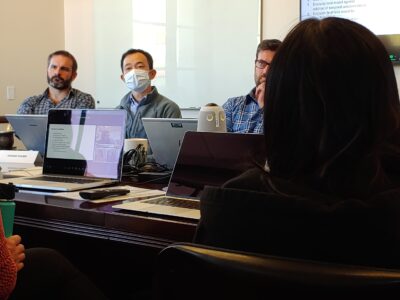
The LTER is excited to welcome seven new Synthesis Working Groups in 2023!